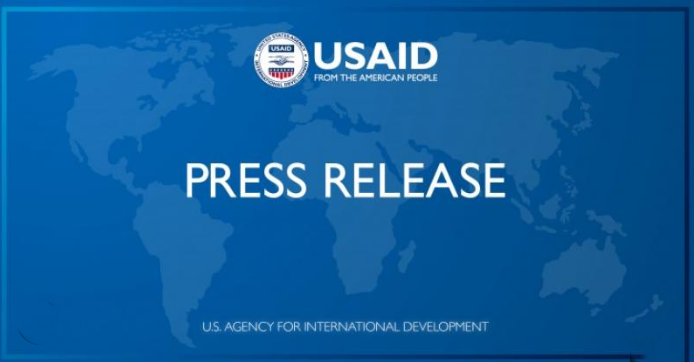By JKNewsMedia
WIDESPREAD FOOD insecurity continues to plague Somalia, with 6.9 million people projected to need humanitarian assistance in 2024.
Factors like severe weather, insecurity, disease outbreaks, and poverty have created a critical situation for vulnerable populations.
The United States Agency for International Development (USAID) has announced nearly $29 million in additional funding to tackle these challenges, focusing on resilience and food security for Somalia’s most affected households.
Recent floods, driven by El Niño in 2023, caused significant destruction, the agency noted, adding that communities faced property damage, displacement, and an alarming rise in waterborne diseases like cholera.
The new USAID projects aim to directly assist 80,000 vulnerable households, including internally displaced persons and host community members in South Central Somalia.
Partnering with World Vision and Save the Children, USAID says it will empower households by promoting sustainable livelihoods and improving access to essential health, nutrition, and water, sanitation, and hygiene (WASH) services.
The initiative also aims to strengthen local capacities to withstand future shocks, mitigating the risks of disasters that have frequently devastated the region.
This support builds upon USAID’s decades-long humanitarian presence in Somalia, addressing drought, floods, and conflict-induced crises.
Moreover since 2022, the United States has provided nearly $2.3 billion for humanitarian assistance in Somalia.
This latest funding reaffirms its commitment to aiding vulnerable populations and fostering long-term resilience.
According to the USAID press release, the projects signify a collaborative effort to enhance food security, ensure access to basic services, and reduce dependency on emergency aid.
And as Somalia grapples with the aftermath of recurrent disasters, these initiatives reflect the importance of resilience as a pathway to sustainable recovery.





